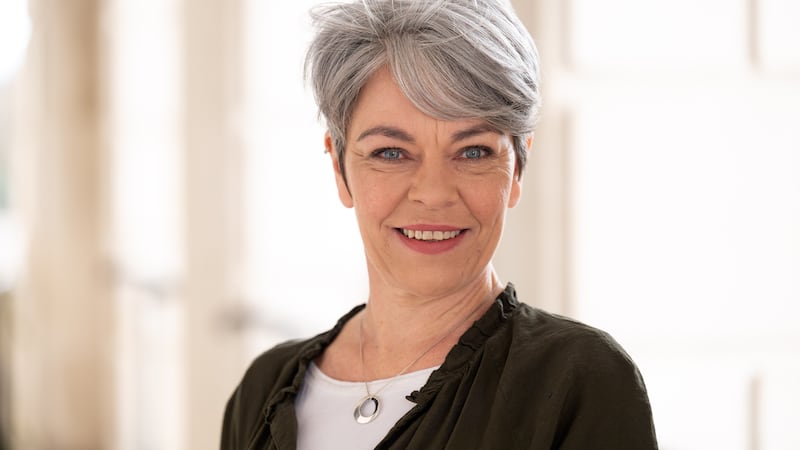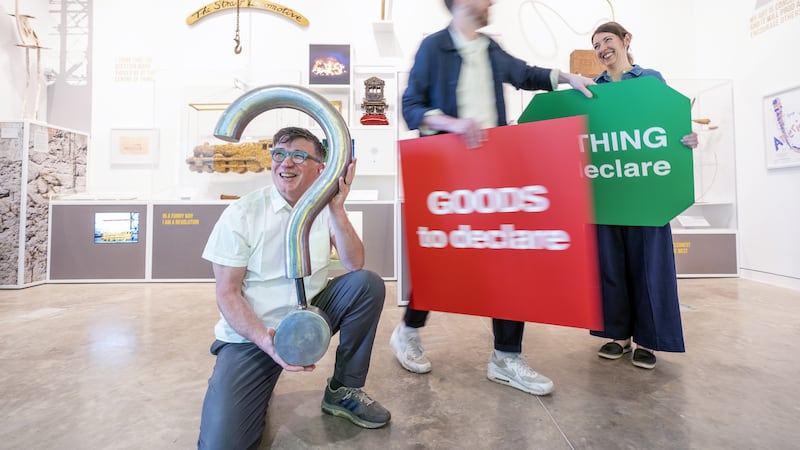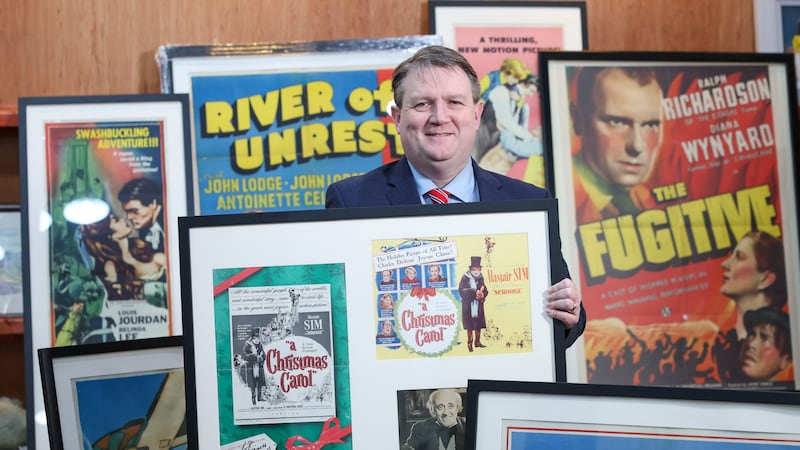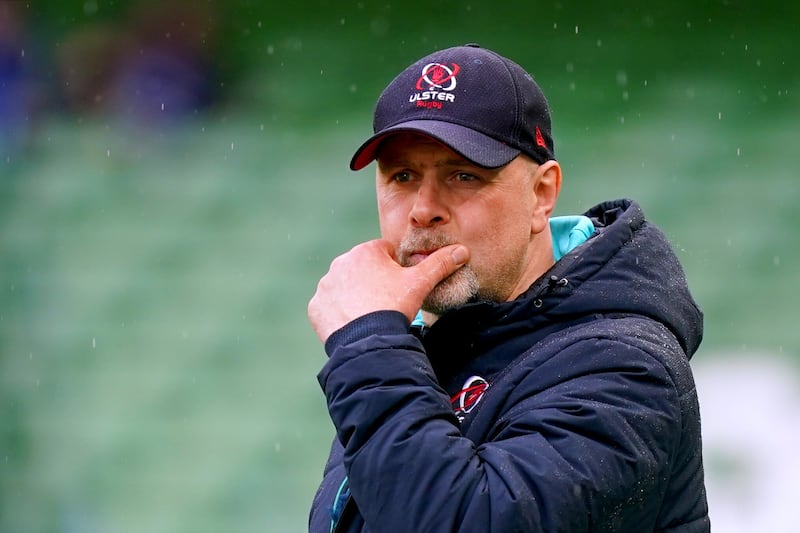The Green Party of Northern Ireland says it is considering legal action, after it accused the BBC of shutting out the party from Assembly election coverage.
The party, led by Clare Bailey, said it has made formal complaints to the BBC and the regulator Ofcom over allegations that the broadcaster is giving undue prominence instead to the Traditional Unionist Voice (TUV) in election coverage.
The TUV is led by Jim Allister, who was the party’s sole MLA before Stormont was dissolved ahead of the Assembly election on May 5.
The Green Party was represented by two MLAs – Ms Bailey and North Down representative Rachel Woods.
Ms Bailey accused the BBC of choosing “division and sensationalism” against the Green Party’s “real alternative to the traditional parties’ politics of division”.
She said: “Our public service broadcaster has a duty to be impartial, especially during an election campaign.
“However, the BBC has decided to grant the smaller TUV more coverage than the Green Party NI, including giving them an extra Party Election Broadcast.
“In the most recent elections, the Green Party NI won more Assembly and local council seats than the TUV, so it makes no sense for the BBC to treat the TUV as a bigger party than the Greens.
“In no other democracy would the main opposition party be excluded from election debates and other election coverage.
“We have submitted formal complaints to the BBC and Ofcom, and the Green Party NI is actively considering its legal options.”
We're the biggest opposition party in Stormont, but the BBC has decided to exclude us from election coverage which other parties are receiving.
Sign our petition and let the BBC know that they need to stop distorting our democracy: https://t.co/NLjhfXHvsg#WhereAreTheGreens pic.twitter.com/CFlSawrn7G
— Green Party NI (@GreenPartyNI) April 12, 2022
A BBC spokesperson said: “We have a careful and detailed process in place for how we make judgments about the coverage of parties during election periods.
“This takes account of relevant Ofcom requirements and the BBC’s own election guidelines.”
A TUV spokesperson also said that the coverage afforded to the party as it stands does not reflect “our level of support”.
“The coverage TUV is reviving in the broadcast media is dictated by policy papers set by broadcasters long before the election.
“The surge in support for TUV, demonstrated in both a vastly increased membership and many opinion polls, is a matter of public record,” the spokesperson said.
“This is because the people recognise and appreciate the stand TUV has taken in relation to the Northern Ireland Protocol.
“TUV would argue that the coverage afforded us during the campaign by broadcasters does not truly reflect our level of support.
“Recent polls have shown support for TUV above that demonstrated for Alliance before the last election and yet they were included in the main leaders’ debates while TUV will be excluded.”







